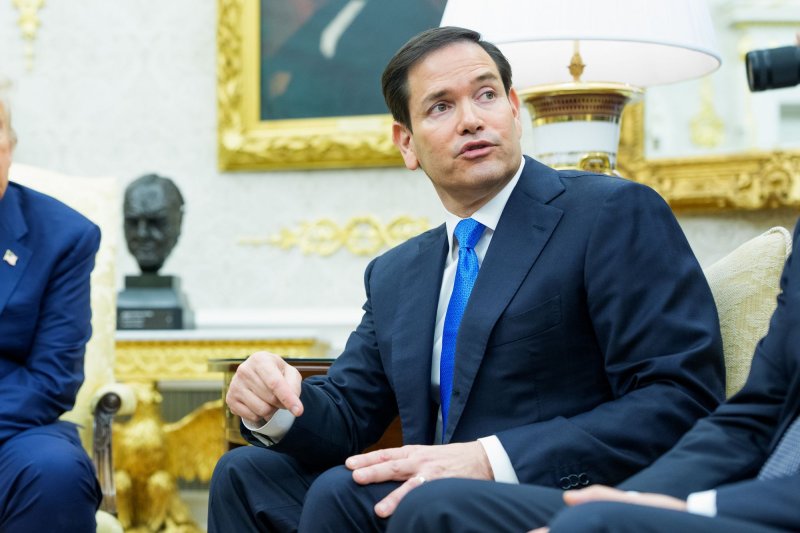UPDATE: The United States has just designated the Pakistan-based separatist group Balochistan Liberation Army (BLA) and its Majeed Brigade as foreign terrorist organizations. This significant announcement from the State Department was made on August 11, marking a crucial escalation in U.S. efforts to combat terrorism linked to the BLA.
The BLA has been fighting for independence in Pakistan’s largest province, Balochistan, and its Majeed Brigade specializes in conducting suicide attacks. The designation comes after years of violence, including a notorious incident on March 11, when the BLA hijacked the Jaffar Express passenger train, taking 400 hostages and resulting in the deaths of at least 26 individuals.
This latest move expands on the previous designation of the BLA as a Specially Designated Global Terrorist (SDGT) in 2019. According to the West Point Terrorism Center, the Baloch insurgency has intensified in 2023, with the BLA claiming responsibility for multiple suicide attacks, particularly targeting Chinese workers and enterprises. This is a direct response to the ongoing China-Pakistan Economic Corridor, which the BLA vehemently opposes.
In a statement, Secretary of State Marco Rubio emphasized the importance of these terrorist designations, saying, “Terrorist designations play a critical role in our fight against this scourge and are an effective way to curtail support for terrorist activities.” This designation prohibits U.S. citizens from providing any support to the BLA, enhancing the restrictions imposed by the earlier SDGT classification.
The urgency of this situation is underscored by the fact that the BLA has continued to escalate its attacks, threatening not only regional stability in Pakistan but also the safety of international workers involved in development projects. The U.S. government’s actions reflect a growing concern over the potential for increased violence in the region.
Looking ahead, analysts are closely monitoring the implications of this designation on U.S.-Pakistan relations and its potential impact on foreign investment in the region. This move also comes on the heels of the State Department’s designation of The Resistance Front, identified as a proxy group for the Pakistan-based Lashkar-e-Tayyiba, highlighting a broader strategy to confront terrorism emanating from Pakistan.
Stay tuned for more updates as this story develops, and understand how these actions may influence both U.S. foreign policy and the security landscape in South Asia.
